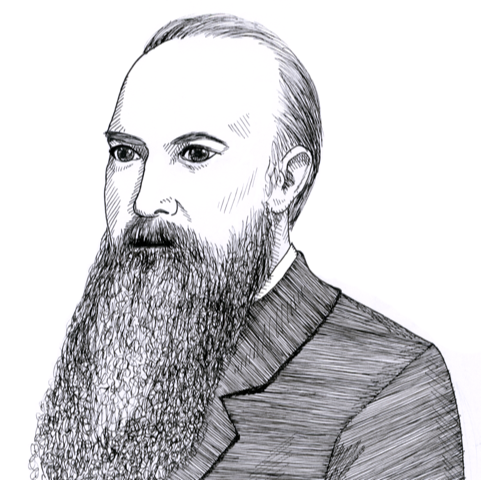
Lord Acton on the destruction of the liberal Girondin group and the suicide of Condorcet during the French Revolution (1910)
Found in: Lectures on the French Revolution (LF ed.)
2010 was the 100th anniversary of the publication of Lord Acton’s Lectures on the French Revolution in which he describes the suppression of the liberal Girondin group as a necessary step for creating the dictatorship of Robespierre. One of the sad victims of this process was the mathematician and social theorist Condorcet who went into hiding and wrote an optimistic vision of what a free society would look like, before taking his own life to avoid being arrested and executed. Acton concludes that “at their fall liberty perished”:
Politics & Liberty
During the agony of his party, Condorcet found shelter in a lodging-house at Paris. There, under the Reign of Terror, he wrote the little book on Human Progress, which contains his legacy to mankind. He derived the leading idea from his friend Turgot, and transmitted it to Comte. There may be, perhaps, a score or two dozen decisive and characteristic views that govern the world, and that every man should master in order to understand his age, and this is one of them. When the book was finished, the author’s part was played, and he had nothing more to live for. As his retreat was known to one, at least, of the Montagnards, he feared to compromise those who had taken him in at the risk of their life. Condorcet assumed a disguise, and crept out of the house with a Horace in one pocket and a dose of poison in the other. When it was dark, he came to a friend’s door in the country. What passed there has never been known, but the fugitive philosopher did not remain. A few miles outside Paris he was arrested on suspicion and lodged in the gaol. In the morning they found him lying dead.